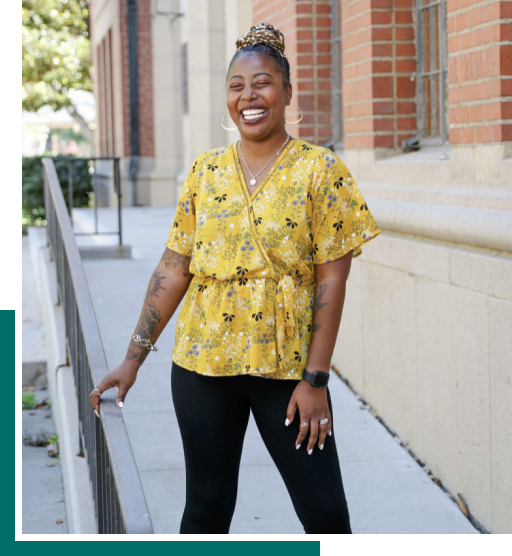EMDR
Eye Movement Desensitization Reprocessing
What is EMDR?
It is based on the idea that symptoms occur when trauma and other negative or challenging experiences overwhelm the brain’s natural ability to heal. The healing process can be facilitated and completed through bilateral stimulation (BLS) while the client is re-experiencing the trauma in the context of the safe environment of the therapist’s office (dual awareness).

Frequently Asked Questions
- How Does EMDR Work?
Through EMDR, individuals safely reprocess traumatic information until it is no longer psychologically disruptive to their lives. Over time, exposure to traumatic memories will no longer induce negative feelings and distressing symptoms
EMDR has eight phases of treatment:
1. History taking
2. Client preparation
3. Assessment
4. Desensitization
5. Installation
6. Body scan
7. Closure
8. Re-evaluation of treatment effect
For example, it is common for victims of abuse to feel they “deserved” the abuse. EMDR helps the person to see that as self-destructive thinking. So “I deserved it” becomes “I am deserving of good things.” You will make new connections about old patterns and behaviors which will result in new behaviors that are more adaptive to your present situation.
- Can a specific event be treated with EMDR?
. Inability to feel safe getting in a car again
. Emotional overwhelm going past a particular intersection
. Terror hearing the same song that was playing when the crash happened
. Re-triggered fears from related sights or smells (like the smell of gasoline)
. Sleeping issues: sleeping too much, not sleeping enough; night terrors
. Flashbacks or difficulty concentrating during the day
. Fears or anxiety triggered by related people, places, things or situations
. Depression or sadness
- How long does each EMDR session last?
- How long is the overall treatment with EMDR?
Our Services

Individual Therapy
Session rate: $180 / 60 mins

Couples Therapy
Session rate: $225 / 60 mins

Consultation
Complimentary
Workshops
Embracing Empathy & Validation: Coping with a spouse who has a Mental Illness: 90 mins
*Workshops are not therapy nor are they a replacement for therapy*
These classes are to assist coping with a loved one and family members who are working to cope with someone in their lives who has a mental illness. You will be given the tools needs to less the frustration and increase your understanding of mental illness. We will work to decrease the frustration, fear, and increasing awareness and understanding. These classes are of a small intimate setting with a total of 8 people.


Preventing Parent Burn Out: Coping with a child who has mental illness: 90 mins
*Workshops are not therapy nor are they a replacement for therapy*
Are you struggling as a parent living with a child who has mental illness? Do you find yourself becoming overwhelmed? Do you feel like you are losing who you are? Parental Burn out is real. Often, we find ourselves working so hard to be the best parent, that we lose a sense of who we are. The only way you can be the best parent is by taking care of yourself. We will work on helping you take off your Superwoman/Superman cape to learn how to cope with having a child who has a mental illness.
Hi, I’m Denise Brady
Licensed Marriage and Family Therapist
Ask yourself
Are you
thriving
or
are you just
surviving?
Insurances Accepted










